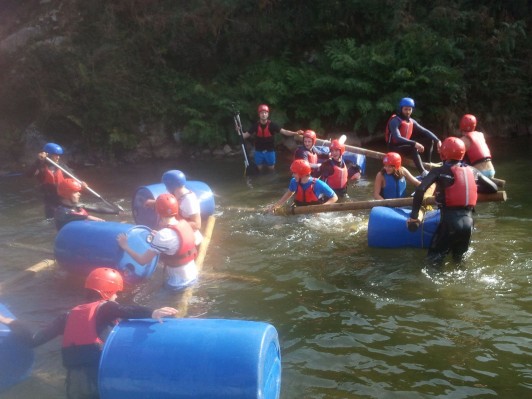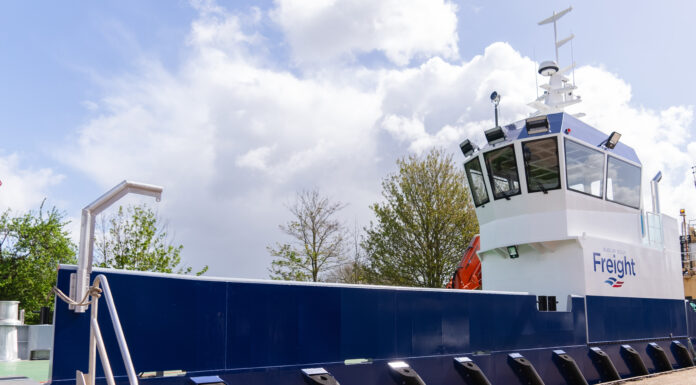Falmouth University’s Assistant Team Coach, Emma Ojala, talks about working as a team and the Business Entrepreneurship course.
The first year of the new business course [BA (Hons) Business Entrepreneurship] at Falmouth University is coming to an end, so now is the perfect time to start sharing some of our learnings and observations so far. This course is all about learning by doing, reflection and working as a team, so good place to start is with team working skills. This is a very relevant topic within the course as well, as from the beginning our students have set up a limited company in teams of 10, that they with run for the 3 years of the course.
With the modern business life constantly moving towards team-based organisations and small companies becoming involved in different projects relying on well-functioning teams, having the necessary skills to work in a group is becoming more mandatory for successful individuals. But what are the key skills you need to be a good team player and what are the elements that make the team achieve things beyond the opportunities of individuals?
Key skills of a team player are very similar to the skills you are required to have for basic human interaction – good listening skills, some emotional intelligence and empathy (will definitely make you a better team player whether or not it’s considered essential), ability to work with opposing opinions and critique to your ideas . Possibly something to look at is also time management and the ability to communicate properly (I think we can all relate to the frustration of being copied in to a completely irrelevant email conversation chain!). Awareness of one’s own skills and speed of work comes in handy when a team is planning their workload, deadlines and task allocation.
Good listening skills. We practise and explore the art of dialogue on a weekly basis with our teams and that has definitely improved everyone’s ability to listen. Good listening is not just about being silent when someone else is talking; it has a lot to do with what is actually going on in your head when you are not talking. Are you actually paying attention to what the other person is saying and trying to understand their point or are you mentally already preparing your response?

Emotional intelligence is the ability to be aware of your own feelings as you are experiencing them and by being able to do that you can actually manage your emotions to a certain level. It also covers the ability to understand other people’s emotions and motivations and helps being more understanding when they deal with obstacles and set-backs in a different way. There’s been a bit of discussion around if it is an ability you are born with or if you are actually able to learn and improve on it. I personally have a strong belief that you can learn anything you want, so definitely it is a skill you can learn.
The ability to work with opposing opinions links back to listening and emotional intelligence, since the basis for this is the respect you show for other individuals in your team. You might not agree on something, but you all understand that people are different and that is richness, not a hindrance. When your team decides on an idea or option that wasn’t your first choice, you need to be able to distance your personal ego from the equation and consider if you agree with this option being the best one for reaching the goal you are working towards.
Accepting critique to your ideas requires a similar mind-set as does receiving feedback in general. It is not a personal attack on you, it is something given with the purpose of improving the idea and getting to the best possible outcome. Some underlying concept needs to be present when giving and receiving feedback as well. It is all done so that the individual can develop and improve, because that’s what life is all about. Knowing what you are great at but also striving to improve on areas you’re not.
I did a quick survey to ask our students, based on their first year, what they thought was the most important for a working team. Their answers all came back around a common theme: Trust, openness, transparency in communication, reliability and having shared values and purpose.








